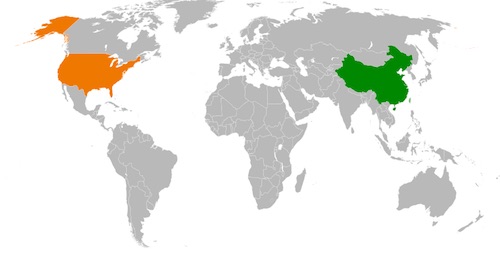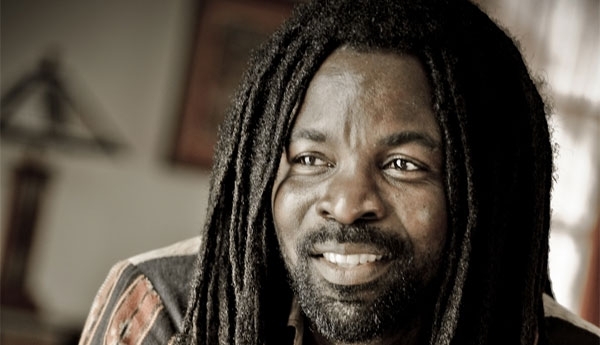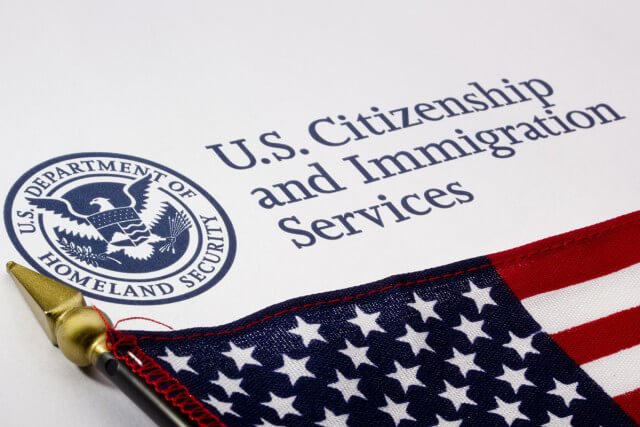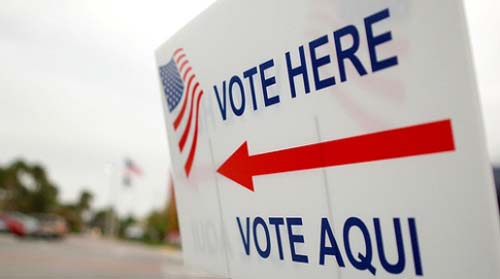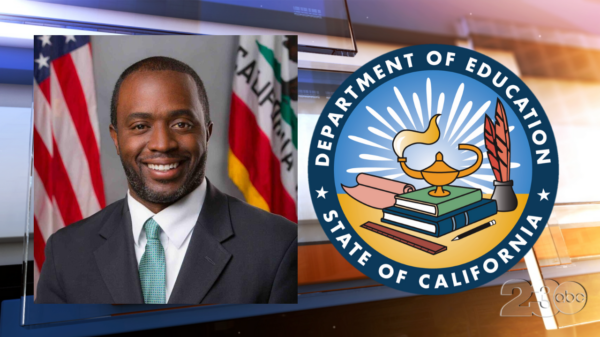Now that Donald Trump has won the U.S. election to become the 45th president, everybody is offering his/her idea of how Trump will make good on his promise to make America great again. He does have the opportunity to make policies free from the burdens of the past.During his rough and tumble campaign, he expressed some ideas worth noting. He seemed weary of having the U.S. carry the sole burden of basing troops around the world, and he said more than once that he wanted to find ways to get along with other nations.
He also reiterated on numerous occasions that he would transform America’s infrastructure into the best in the world. With careful examination, these two positions could represent real cornerstones toward making America great again.
Importance of infrastructure investments
Once the best in the world when these investments were made in the ‘50s and ‘60s, everybody now recognizes that America’s infrastructure is badly in need of repair and replacement. The question has come up many times but there has been a lack of Congressional will and consensus to allocate the necessary funds. With a Republican majority in both houses, Trump would have the best opportunity to get something done.
Lest there are any doubts, the lead-tainted drinking water of Flint Michigan and the Minneapolis bridge collapse serve as stark reminders that infrastructure improvement is a real and urgent issue. According to the EPA, the U.S. will need $384 billion investments for the drinking water treatment and distribution to remedy the situation in places like Flint and to prevent future tragedies in other economically blighted areas of America.
There are 700 bridges in the U.S. in the same category as the bridge outside of Minneapolis that collapsed that are potential candidates for retrofit or replacement in order to prevent another rush hour collapse. The bridge in Minneapolis cost well over $200 million to replace. Thus the total potential tab to assure the safety of all the bridges would be in the ballpark of $100 billion plus depending on the actual number in need of remediation.
Trump did say as part of his acceptance speech, “We are going to fix our inner cities, and rebuild our highways, bridges, tunnels, airports, schools, hospitals. We’re going to rebuild our infrastructure, which will become, by the way, second to none. And we will put millions of our people to work as rebuild it.”
Trump hasn’t said exactly how he will find the funds to invest. There is a real solution that does not require pulling the wool over the public’s eye and that would be via reallocation of resources by changing national priorities.
Trump’s “get along” foreign policy
Again referring to his acceptance speech, he said, “At the same time we will get along with all other nations willing to get along with us. We will have great relationships…We will deal fairly with everyone. All people and all other nations. We will seek common ground not hostility, partnership not conflict.” Taken at face value, Trump’s position could represent a sharp and refreshing departure from the disastrous foreign policy of his two predecessors.
When George W. Bush became president, he bought into the neoconservative idea of regime change to support U.S. economic and political ends. Bush got his regime change in Iraq, but ended up with an unmitigated disaster: regional instability, out-of-control worldwide insecurity, and atrocious acts of inhumanity. His inability to close the military campaign in Afghanistan and Iraq had already cost the U.S. trillions of dollars by the time Obama succeeded him.
Indeed in the televised debates as he criticized the U.S. military engagement, Trump said we’re better off spending $4 trillion—referring to the amount already spent on the military misadventure—“to fix our roads, our bridges and all of the other problems, we would’ve been a lot better off.”
Tragically, Obama, instead of making the course correction as mandated by his election, continued the mission to bring about regime changes. Obama justified his interference-based foreign on the attitude of American exceptionalism.
Secretary Clinton has been given full credit, and deservedly so, for the regime change she brought about in Libya and the rise of ISIS because the U.S. wanted regime change in Syria rather than snuffing out the beginnings of the Islamic jihadist movement. Consequently, Syria descended into chaos and became the base for ISIS. She and Obama should bear full responsibility for the refugee crisis in the Mediterranean spreading into Europe.
Unfortunately for Trump, he can’t ignore the conflagration of the Middle East that he will inherit from his predecessors. But he can avoid creating more conflicts and new regional tensions elsewhere if he sticks to the idea of getting along with everybody. The reality is that getting along is far less costly than confrontation.
He apparently has figured out how to get along with Putin and Russia. In the case of China, Trump has the opportunity depart from the past. Both Bush and Obama tried an approach of strategic ambiguity, friends sometimes, and confrontational at other times. American attitude towards China has been specifically because of the neocon idea that the U.S. needs to rule as the world hegemon and not because of any provocation from China.
The two American carrier groups that sailed into the South China Sea was a case in point. The Obama Whitehouse mobilized the flotilla to protect the “freedom of navigation.” That was a bogus non-issue and a pretense for a show of force. Navigation in South China Sea has not been in peril before or after the appearance of the American Navy.
Another example is the supply base China has established in Djibouti. When China began to send its naval ships to patrol the coast off the horn of Africa and help protect commercial ships from the pirates, everybody applauded China’s participation. Now that China has contracted with the government of Djibouti to install a support base for its naval ships, the U.S. expresses alarm. The U.S. has close to one thousand bases around the world but appears intimidated by China’s one. Go figure.
The incoming Trump Administration could find China’s relationship with Djibouti instructive. China is building a second major airport in Djibouti, expanding and improving a new port facilities for commercial shipping and will lend US$1 billion to finance other infrastructure projects in Djibouti including a water pipeline and a railway link to neighboring Ethiopia. In other words, with Djibouti as with many other countries, China is making friends through economic collaboration.
Getting leverage by collaboration with China
China’s strategy is not a win-lose scheme for the U.S. unless the U.S. chooses to view it as such. Apparently Obama did [what?] because he tried to dissuade western countries from joining the Asia Infrastructure Investment Bank that was proposed by Xi Jinping. Others saw what Obama didn’t— namely infrastructure improvements are good for not just the recipient country, but for everybody else, based on the idea that rising tide raises all boats.
Trump should realize that it’s not an advantage for the U.S. to compete with China’s way of making friends via economic cooperation Instead, the new administration should look for ways to leverage from China. For instance, China has been the largest contributor to the U.N. peacekeeping force and vowed to add to their total. The U.S. hasn’t shown much interest in working within the U.N., but Trump should like the idea of letting China pay the bills for safe guarding world security.
The U.S. defense budget, including services to the veterans, approaches $900 billion annually. When off-budget spending, such as the use of contractors, is added to the military spending, the yearly tab is well over $1 trillion. America can finally reap some of the peace dividends from the collapse of U.S.S.R. by taking the need to contain and confront China off the table. Money not spent on militarization would be funds available for the infrastructure improvements.
From his campaign rhetoric, Trump has accused China of currency manipulation, i.e., keeping its renminbi artificially weak, and taking jobs from America. As others have pointed out, lately China has been manipulating its currency to keep it from getting too weak. So much for that accusation.
As for “losing jobs to China,” this has been a favorite dead horse to beat for their votes. Informed voters know that low paying jobs, such as making shirts and sport shoes, left the U.S. decades ago for such places as Taiwan and South Korea. Now, these industries are leaving China for Bangladesh, Vietnam, and elsewhere where the cost is lower. This phenomenon is like water flowing downhill. Try to dam the flow is like imposing an import duty. It will stop the flow momentarily but the American consumer will be the ultimate loser having to pay the higher price for the goods, now made in the USA.
China has not been wasting their energy accusing Vietnam and Bangladesh of stealing their jobs. Instead, China has been concentrating on automation, domestic design, and innovation in order to make products and provide services with values higher on the economic food chain. How to profit from China’s development should be the focus for the Trump Administration, rather than trying to stop China’s effort.
Other countries prefer working with China
Chinese companies, in seeking to make higher value products, have become active investors in the U.S. seeking synergy via collaboration with American firms. Synergy works in both directions, and foreign direct investments from China into America will create high paying jobs and be good for the local economy. Finding excuses, some specious and others from xenophobia, to halt and discourage inbound investments from China will lead to lose-lose outcomes. The new administration will want to work with China and encourage a trend of collaboration instead of responding with xenophobia.
Elsewhere in the world, China has been promoting their One belt, One road (OBOR) Silk Road initiative along with AIIB. OBOR is short hand for infrastructure projects that China is interested in investing and collaborating with host countries near and far. Collaborating nations understand that these are not handouts with hidden restrictions but are risk sharing, mutually beneficial projects.
Since the financial crisis of 2008, China has invested heavily in infrastructure projects inside China. They too understood that improved infrastructure will stimulate the economy and facilitated growth in the ensuing years. A side benefit is that they have gotten really good at managing and executing highway and high-speed rail projects. This is another reason countries along the silk roads are confident of the outcome and keen to work with China.
Trump may not want to invite Chinese companies to take over infrastructure projects in the U.S., which is surely a way to draw political heat. However, China could offer material benefits in helping to manage some of these projects. Their expertise in bridges, highways, extreme tunnels, and high-speed rails could help bring in infrastructure investments within budget and on schedule.
Unfortunately, by taking an unprecedented telephone call from Taiwan’s president Tsai Ing-wen as president-elect, the Trump organization is giving a hostile signal regarding to how he will deal with China after becoming president. There can be no profit for anyone in raising the tension across the Taiwan Straits. China has apparently countered by taking an American owned underwater drone on the basis that such object would be hazardous to “freedom of navigation.”
Apparently, Trump is falling under the influence of the same set of neoconservatives that have advised Bush Jr. and Obama and created the debacle in the Middle East. They have wreaked nothing but death and destruction on the world, while caused U.S. spending to careen out of control. However, Donald Trump does not have to buy into the idea that America’s path to greatness lies in bringing about regime changes around the world, nor by raising the stakes of confrontation with China. If the new Trump Administration can stop being suspicious and hostile and find ways to work with China, he would be taking a major step to making America great again.
The above essay first appeared on China&US Focus. George Koo is a board member New America Media.

